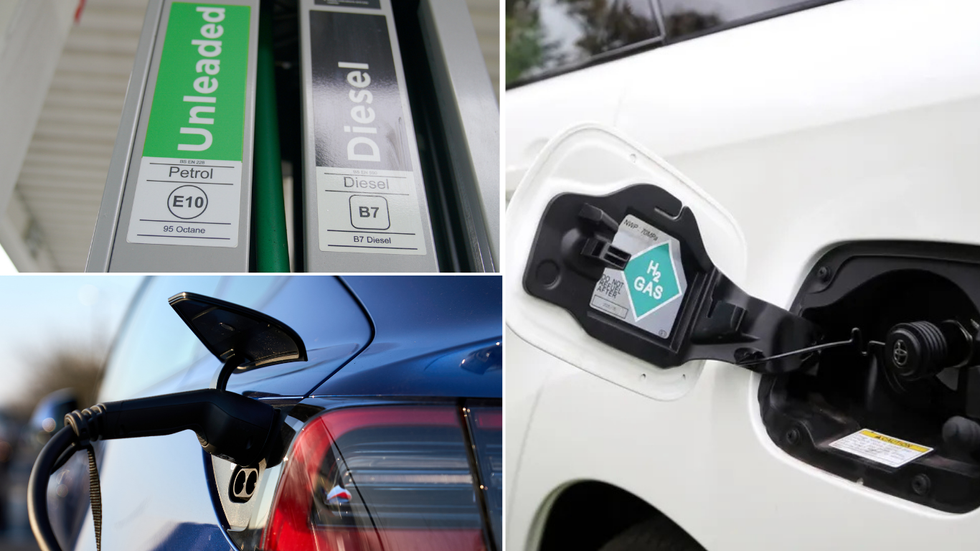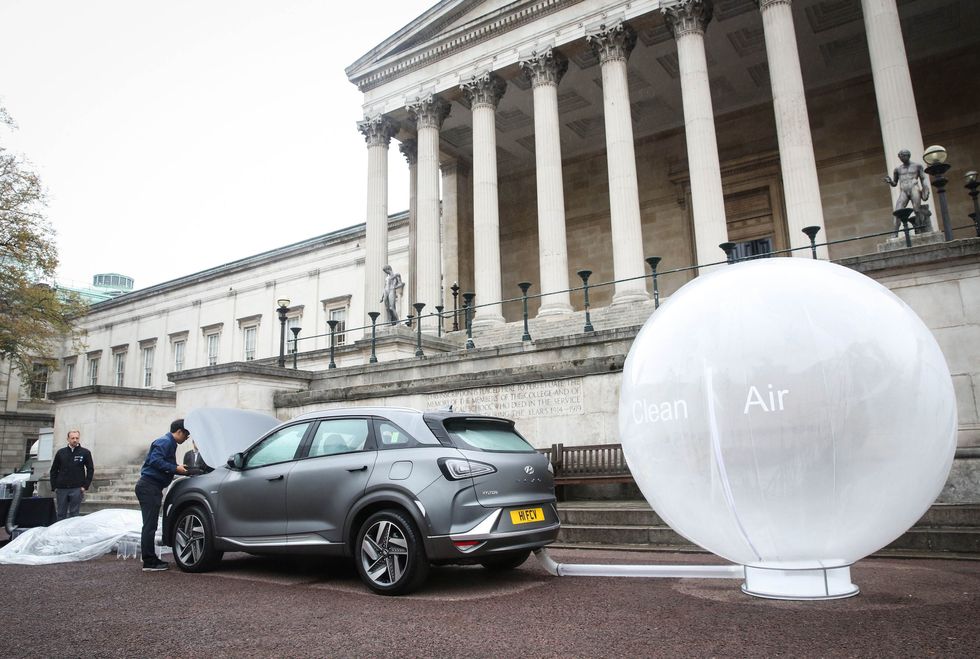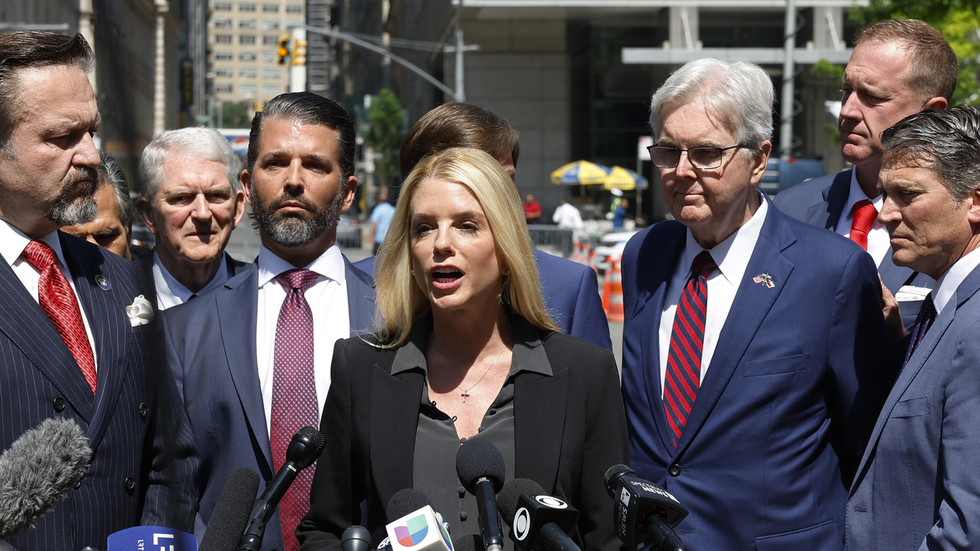E-fuels and biofuels are being promoted as potential alternatives to petrol and diesel, despite experts warning they could derail the UK's transition to cleaner transport.
The warning follows a new report from Transport and Environment (T&E) which revealed that synthetic fuels pose a significant threat to both environmental goals and consumer wallets.
The study highlighted that rather than offering a viable solution, these alternatives could seriously hamper the decarbonisation of the transport sector by slowing down the shift to electric vehicles.
Industry specialists cautioned that pursuing e-fuels would divert crucial investments away from electric vehicle development which is already in a fragile state.
Do you have a story you'd like to share? Get in touch by emailingmotoring@gbnews.uk
Experts warn that e-fuels are more damaging to the environment than electric
PA/GETTY
Another point raised in the report was that running a car on e-fuels would cost drivers £10,000 more over five years compared to operating a battery electric vehicle.
Even second-hand cars running on e-petrol could face the same steep premium price over that timeframe.
The cost at the pump would see dramatic increases, with drivers potentially paying £210 to fill their tank by 2030 compared to £140 today - a 50 per cent jump in costs, T&E warned.
Experts stated these prices could climb even higher, with forecasts for 2040 suggesting e-petrol could cost between £1.90 and £5.20 per litre, potentially doubling current fuel prices.
E-fuels also represent a highly inefficient use of renewable energy resources, requiring 26 per cent more renewable electricity just to power 10 per cent of new cars, the report noted.
Battery-powered vehicles are nearly four times more efficient than cars running on e-fuels.Cars running on synthetic fuels reportedly emit the same levels of toxic nitrogen oxides as conventional fuels and produce three times more carbon monoxide.
These synthetic alternatives generate billions of harmful particles per kilometre driven, offering little improvement to urban air quality.
Notably, the report claimed that biofuels “fare no better” as an alternative, with experts warning they cannot achieve 100 per cent CO2 reduction.
Hydrogen-fuelled cars have been trialled out across the UK
PA
“Ensuring any future cars that are approved as CO2-neutral under a new vehicle category are exclusively fuelled by CO2-neutral e-fuels is critical to guaranteeing that the car CO2 standards are not undermined through continuing use of fossil fuels in these cars (as fossil fuels and e-fuels are interchangeable), especially if carmakers are allowed to count these vehicles towards their CO2 targets.”
With e-fuels producing similar pollution levels to conventional fuels and biofuels potentially worsening environmental impacts, experts have urged policymakers to resist creating loopholes for these alternatives and instead maintain focus on proven electric vehicle technology.

 By GB News (World News) | Created at 2024-11-28 10:56:33 | Updated at 2024-11-28 13:47:15
2 hours ago
By GB News (World News) | Created at 2024-11-28 10:56:33 | Updated at 2024-11-28 13:47:15
2 hours ago










